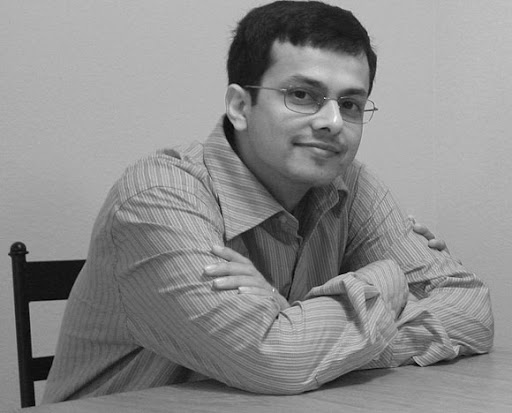I believe in democracy. Power can be the means to a good end, but absolute power holds the greatest attraction for the worst people – who do not question themselves and seek not to be questioned by others. The kind and the fair rarely need power to achieve their ends. Democracy distributes power among many, and enables stability, which is valuable even at the cost of efficiency. Inefficiency is something I can live with. What bothers me is the lack of reasoning behind our collective democratic decisions.
America is heading towards another national election. I see the presidency as a 'job' of great power (therefore responsibility). Every American adult citizen is invited to have a say in filling up this position. Yet, some of America's top elected leaders seem to be the kind of people whom I would not hire as my financial advisor, security-expert, child's tutor, doctor, director of my company... But then, these leaders are the people’s choice.
In my opinion, most people perceive the election as a popularity contest. As time passes, I see more and more blatant deviations between the process of election, and the process of hiring. Apparently, a large majority of African Americans favor Obama. Women, especially elderly Caucasian women, favor Clinton more. One of the big problems in Romney's campaign was his Mormon religion. The allegation of Obama being Muslim is a serious concern to his campaign. Evidently, racial, gender and religious profiles play important roles in hiring the one person who will direct security, healthcare and education. All this in a country where if a company were to use these criteria in hiring, lawsuits would soon shut it down. I don't believe that people attach as much importance to criteria such as religion, race and gender when seeking services at a personal level. So what changes in an election? My conjecture is that most people don't see 'leading the country' as a job. Not surprisingly, the immeasurable acumen required in deciding policy is unfathomable to most people. Driven in part by blissful ignorance, and partly by the large optimism bias in humans, most people fail to consider the consequences of putting a person of inadequate ability and experience on the hot seat.
This monologue would not be complete without mentioning the role of the media. Media personnel have a strange job. They must produce eight (or however many) hours of news no matter what happens, or even if nothing happens. Watching these people discuss the campaign in painful detail each day from morning until night for nearly a year evokes pity. No wonder, even those who rarely follow the news encounter 'Is America ready for its first black president?', 'Why American women are empowered but not in power', and 'I can't believe we have a candidate who's middle name is Hussein'. The amount of time expended on the discussion of such topics would strongly suggest to the audience that somehow the biases that we strive to fight in our daily lives should acquire foremost importance in America's choice of its leaders.
This bizarre mismatch between political leadership being a crucial job, and the election process being a large-scale popularity contest is one of the greatest weaknesses of democracy. The case of America is just an example, and a relatively benign one by comparison with some other democracies.
Thursday, July 17, 2008
Subscribe to:
Posts (Atom)
